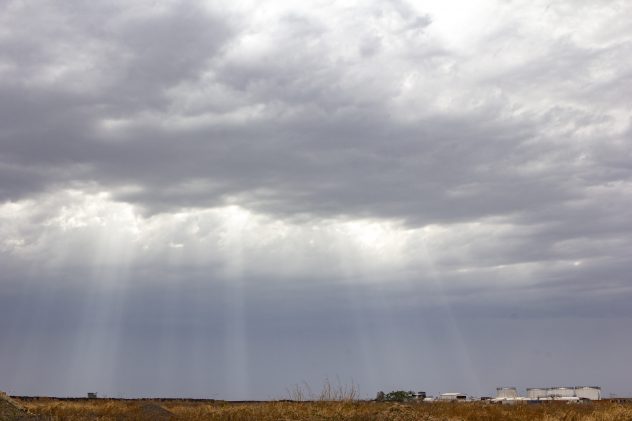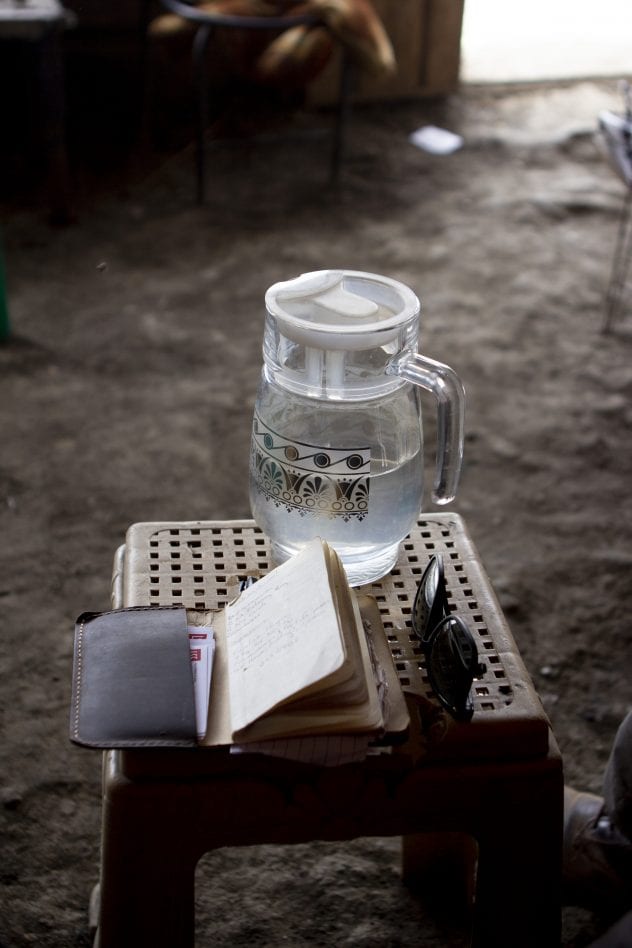Guest Post by Richard Stupart, PhD Candidate at the London School of Economics and Politics. The views in this article do not necessarily reflect those of the HNRN or City, University of London.
Richard Stupart went to South Sudan to research journalists reporting on conflict and humanitarian crises. But he was immediately struck by the oppressive power of the country’s Media Authority. In this guest post, he describes how South Sudan’s Media Authority – set up with good intentions by UNESCO and others – is now working to silence and intimidate journalists.
“If you had been here, say, January 2016, 2017, before the media authority was actually, like, up and running, you would find this place, like eighty percent, ninety percent journalists. Logali’s literally called the journalists hub… But now it’s not the same…now you can literally count on one hand the number of [foreign] journalists in town”– Interview respondent, Juba
“it’s just not a nice place to work. You know? There’s no, it’s very hard to find any, like, joy, in South Sudan. And that wasn’t always the case. I mean, like, Juba’s always been sort of a hard-scrabble place, but it was kind of fun before the war. Now it’s just like, hard stares, meanness and blokes with guns. It’s just… and when you go outside, it’s just fucking misery everywhere. It’s like it’s a… so, it’s just a hard in every way place to work. And I think that contributes to people not working there much.” – Interview respondent, Nairobi
I hadn’t intended to research media regulation. My PhD project is focused on understanding the ethics and practices of journalistic witnessing of crises in South Sudan. And there is much to say on that topic (a thesis, one hopes!). But arriving in Juba and interviewing practicing journalists and media professionals, it was impossible to ignore the presence of the country’s Media Authority.
Journalists hoping to cover the still-grinding war and related famine in South Sudan – one that by some estimates is responsible for the largest cross-border exodus since the Rwandan genocide – rapidly encounter obstacles created by the Media Authority.

First comes the requirement for a letter of invitation from a South Sudanese individual or organization, a proxy who many respondents believe will be held responsible for the work of their outside guest. Once an invitation has been obtained, our prospective foreign journalist requires a ‘letter of no objection’ from the Media Authority, based in part on a search of their prior reporting on the country. Next up is a requirement to declare the serial numbers of all cameras and recording gear being brought into the country, and finally, a requirement to report to the Media Authority in person on arrival, for a press accreditation letter and its accompanying green-lanyarded press card.
The consequences of not complying can be serious. NPR journalist Eyder Peralta attempted entering the country on a visitor visa in 2017, and regularizing his status on arrival by visiting the Media Authority head office in Juba. He was arrested and held for four days. Others have attempted reporting from the country illegally, under the protection of SPLA-In Opposition (SPLA-IO) fighters, but the risks involved are high. In 2017, journalist Chris Allen was killed while reporting on an SPLA-IO offensive in the town of Kaya.

It is a challenging landscape for foreign journalists, but an even more dangerous and precarious one for their South Sudanese colleagues. Nine local journalists have been killed since 2012 – one just days after the government threatened journalists. In addition, there have been repeated detentions of journalists by state security services, threats of physical violence, and surveillance.
Even those working under the the United Nations’ media service do so at substantial personal risk. Journalists George Livio and Sani Martin have both been detained by the state. In Livio’s case, for two and a half years without charges. In Martin’s, for what appears to be the crime of working as a journalist at the UN-run Radio Miraya, a station that the Media Authority demanded be closed for “persistent non-compliance” and “refusal to be regulated”. This claim was made despite the Media Authority having no legal authority over the station other than its frequency allocation [6.13.k in the Media Authority Act] – which the UN Mission in South Sudan (UNMISS) does not require, as the operation of its radio service is guaranteed under its status of forces agreement with the government [SoFA, 11.a].


It is hard to overstate the impact of the Media Authority in constraining the lives and work of journalists in the country. From continual warnings by South Sudanese colleagues to avoid the Media Authority as much as possible, to having the Authority attempt to block my travel to Malakal to observe journalists at work, the organization would constantly haunt both my fieldwork and the professional lives of those I would speak to. Whether as a literal gatekeeper or a constant, gnawing anxiety, it serves as an enormous physical and psychic tax on journalism in a context where freer, bolder reporting is desperately needed.




